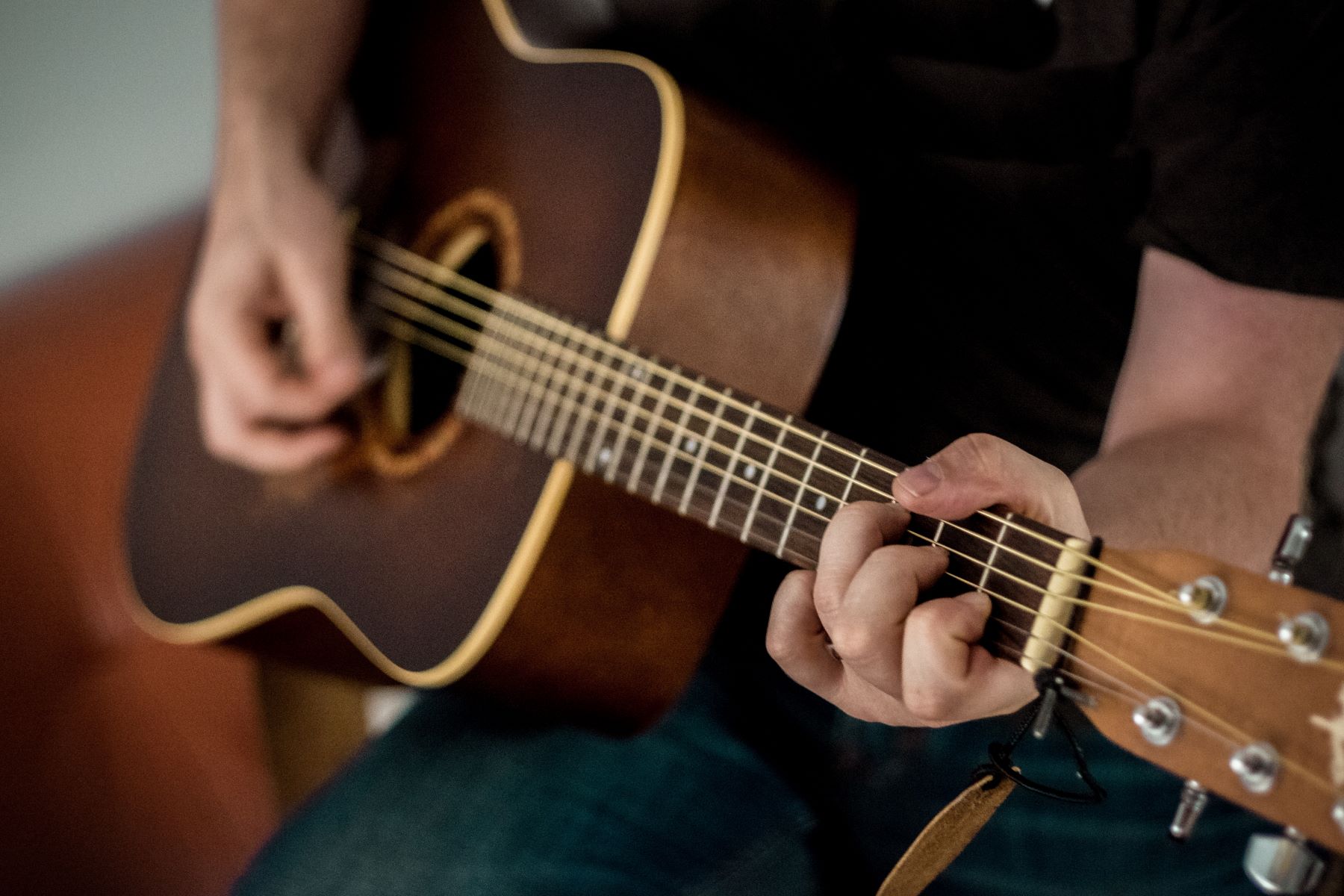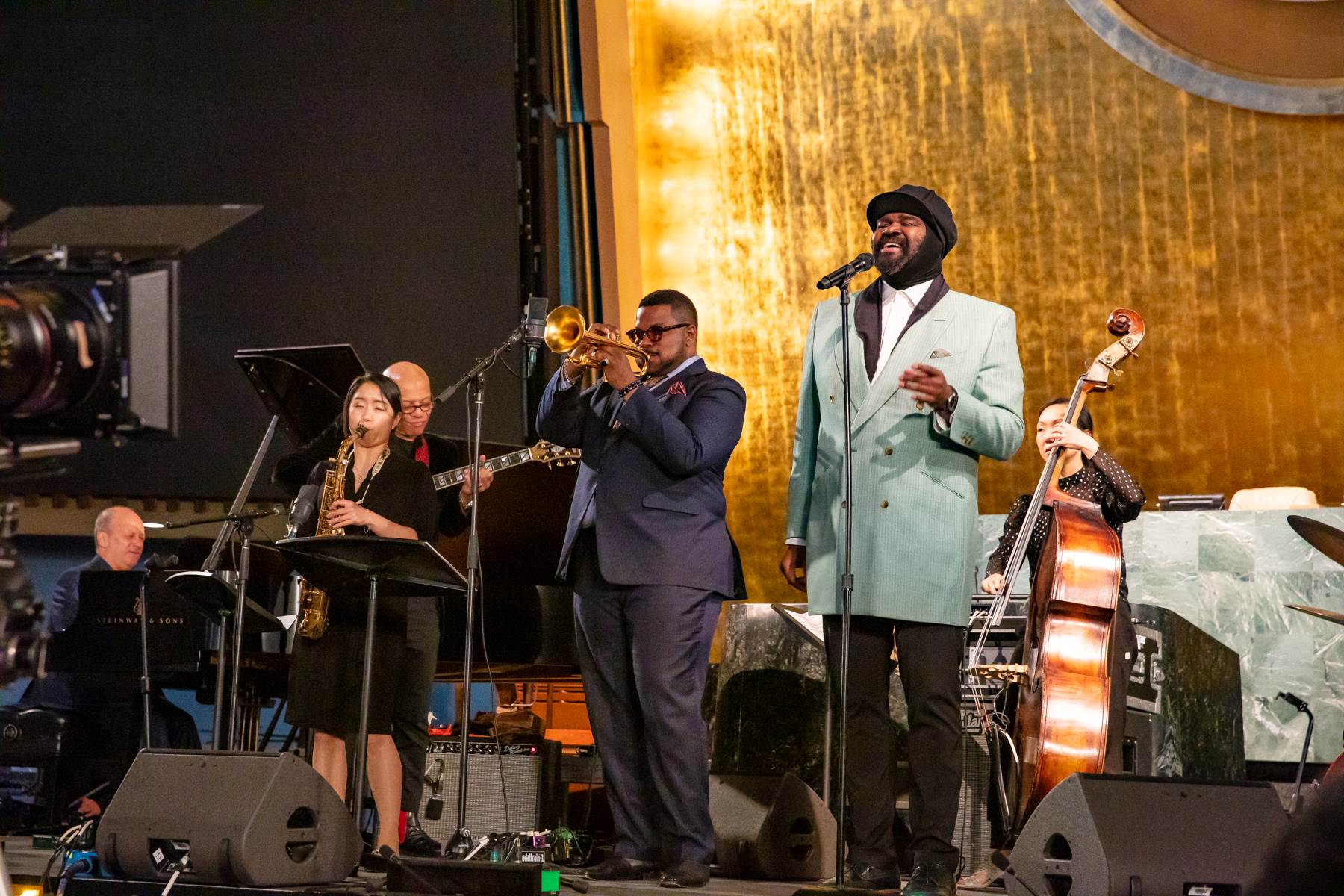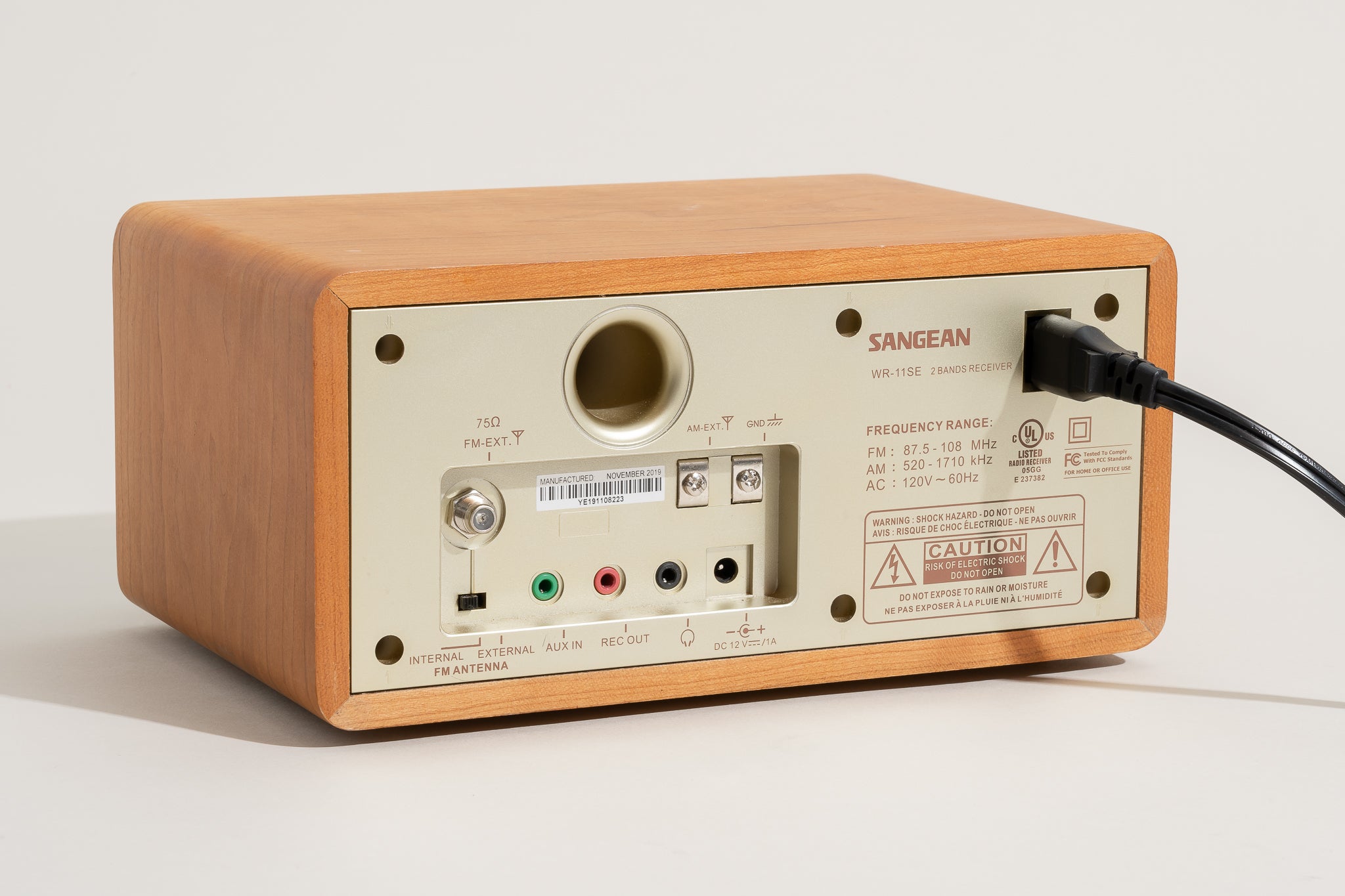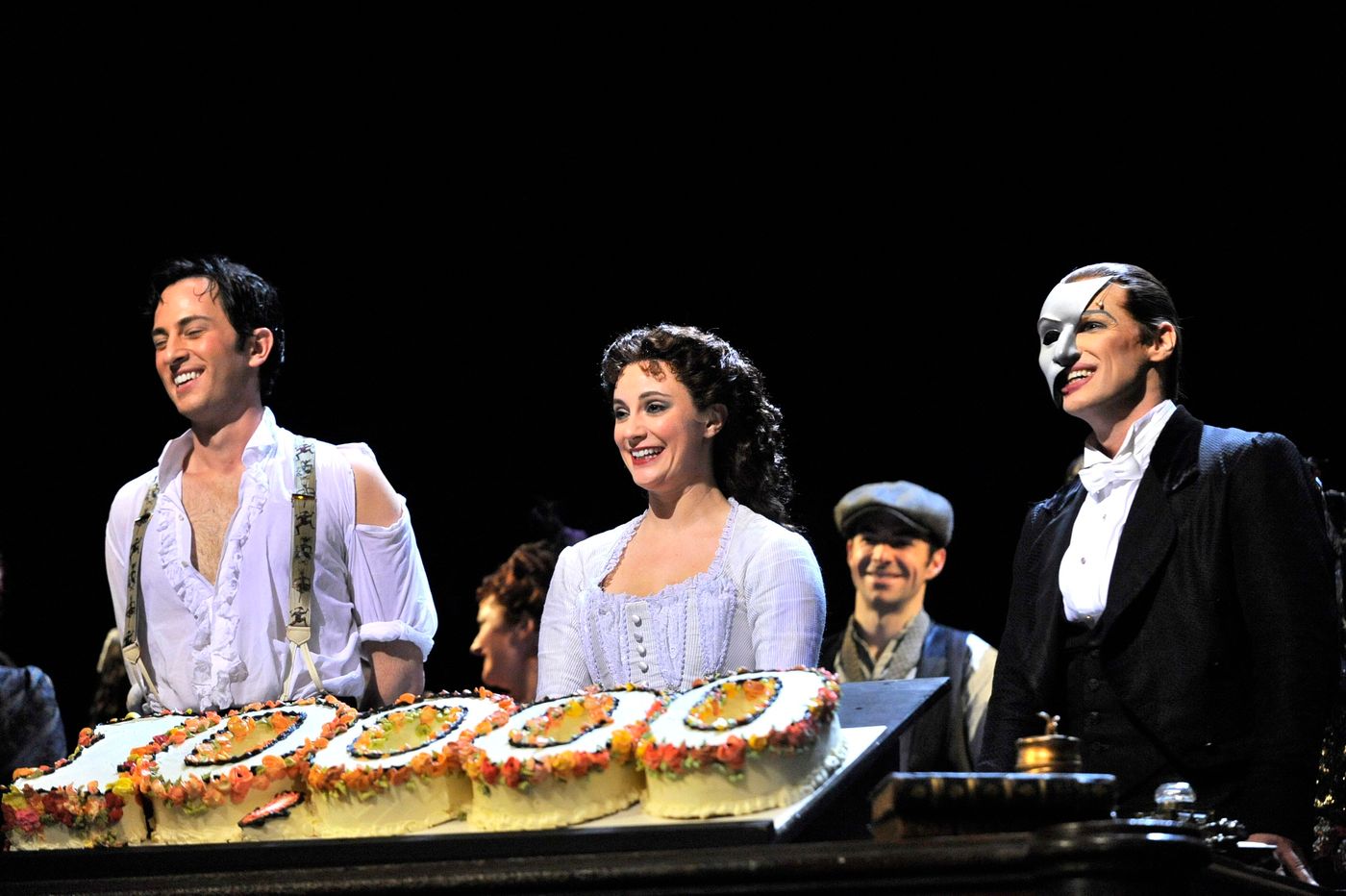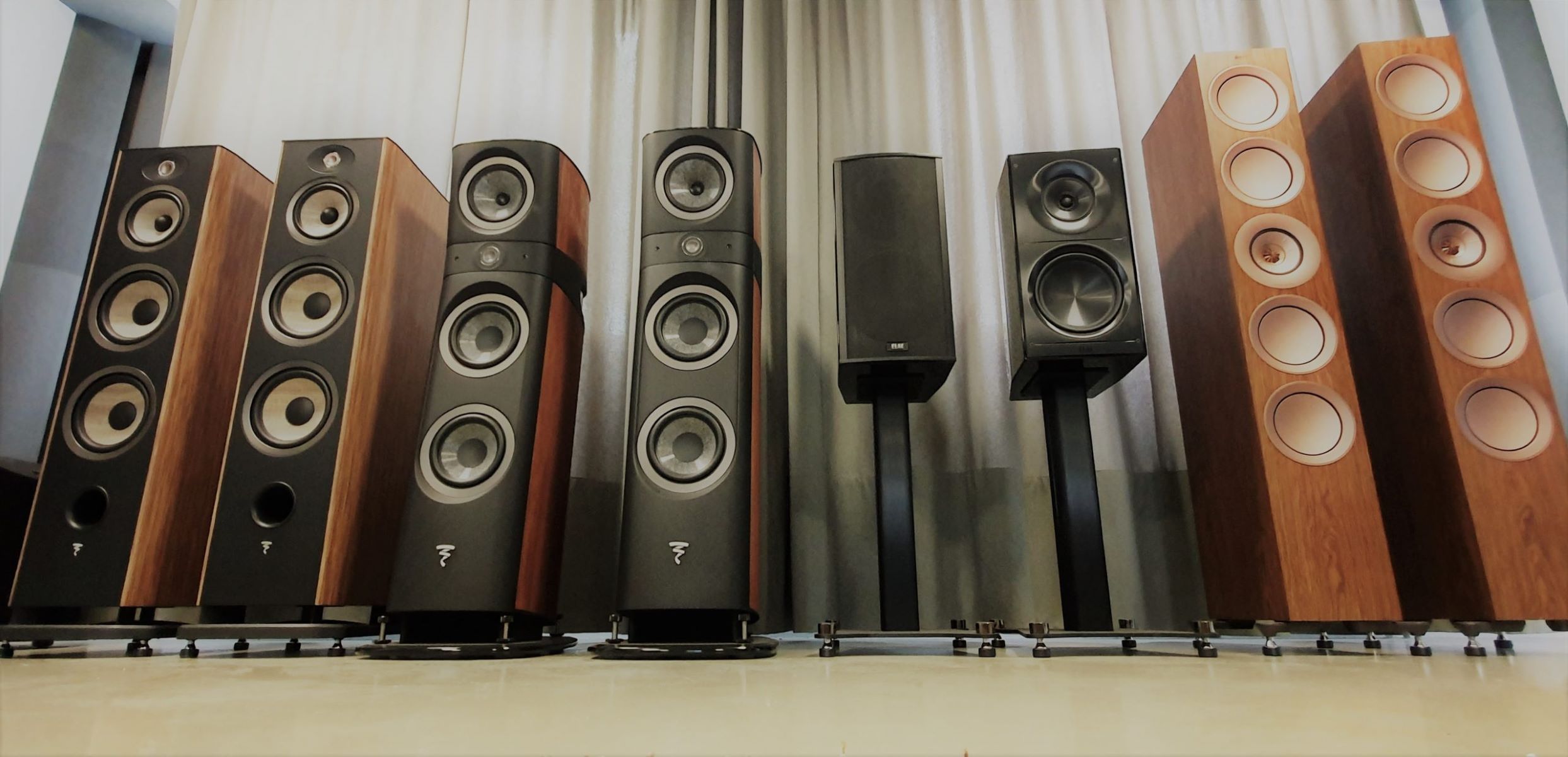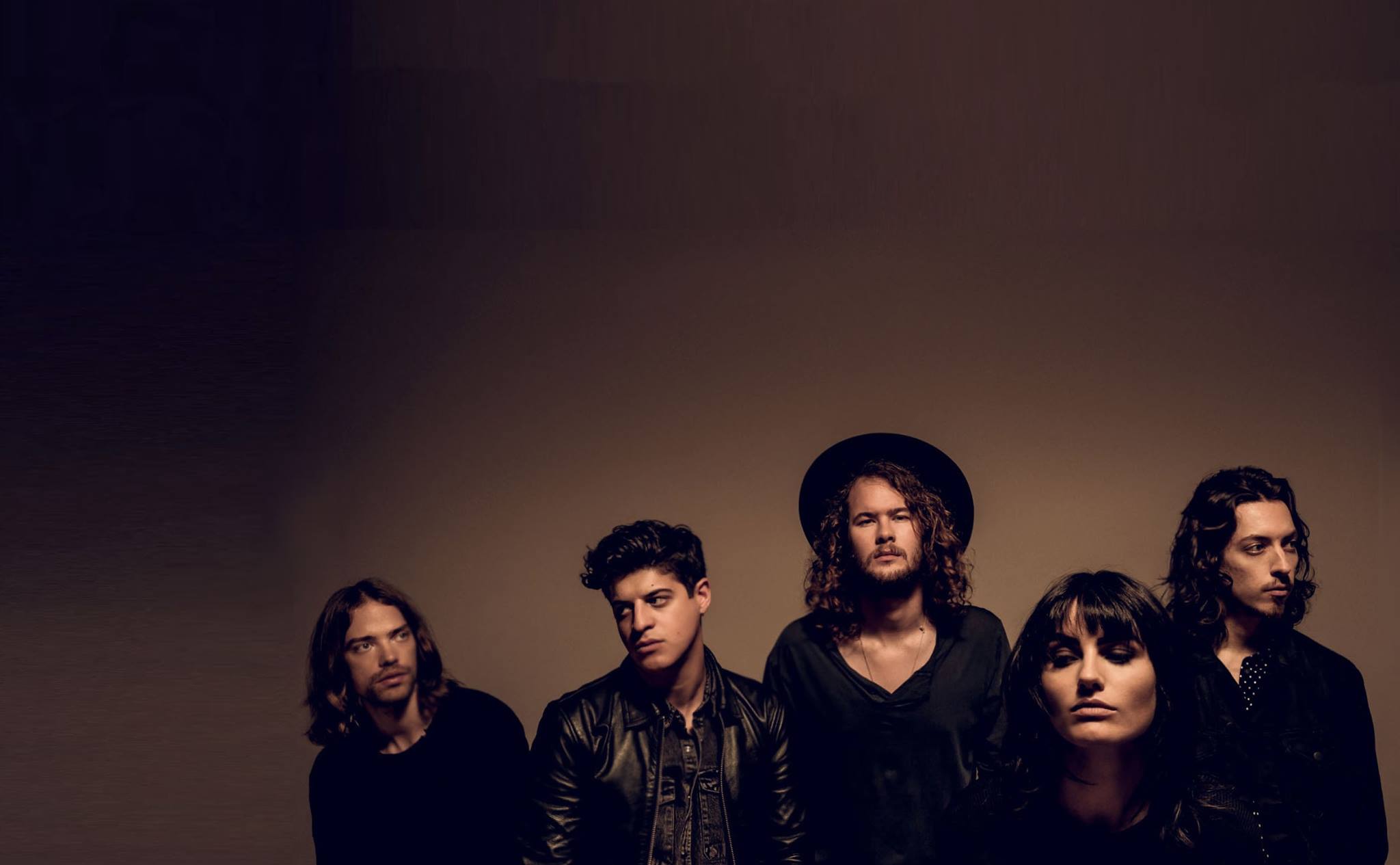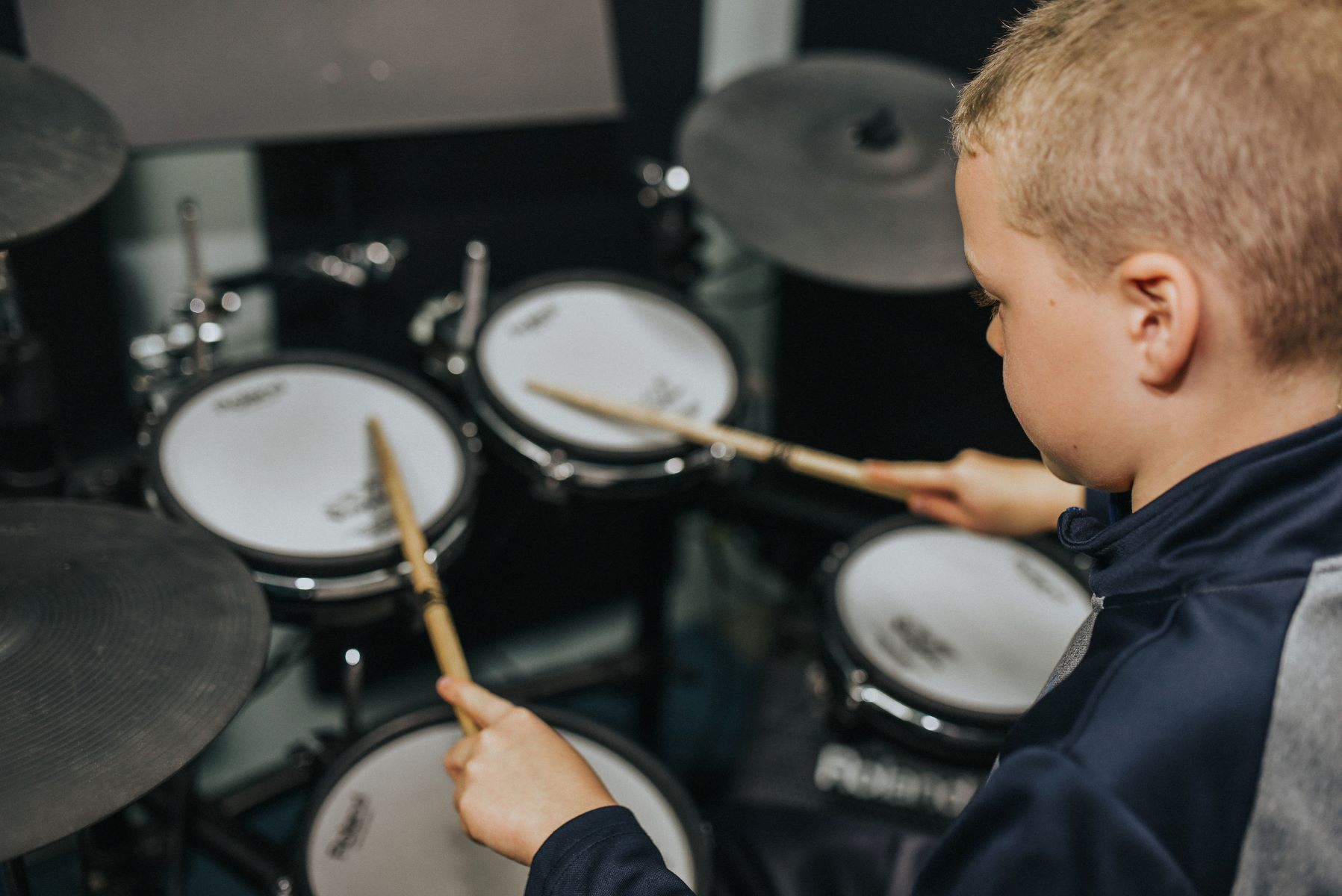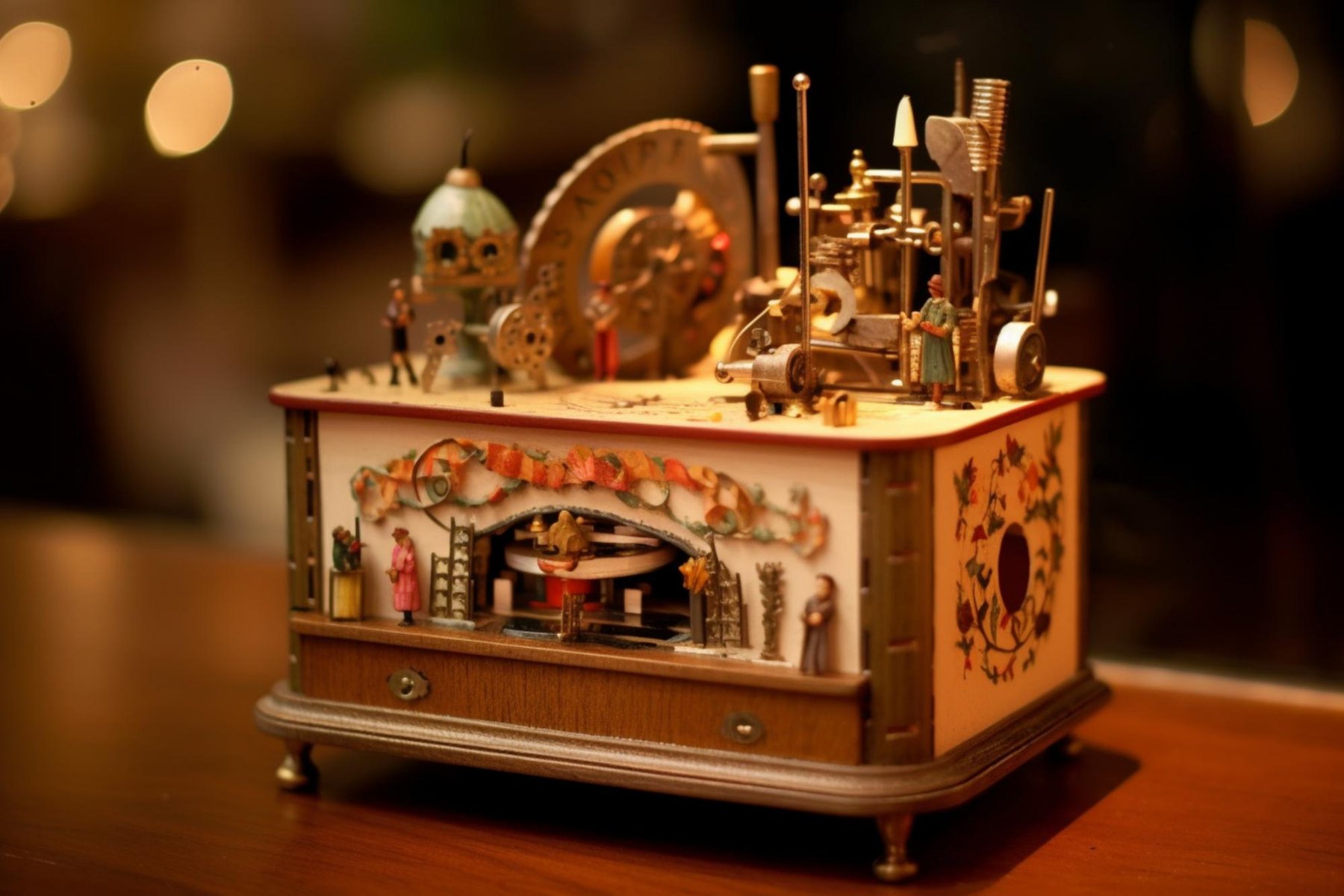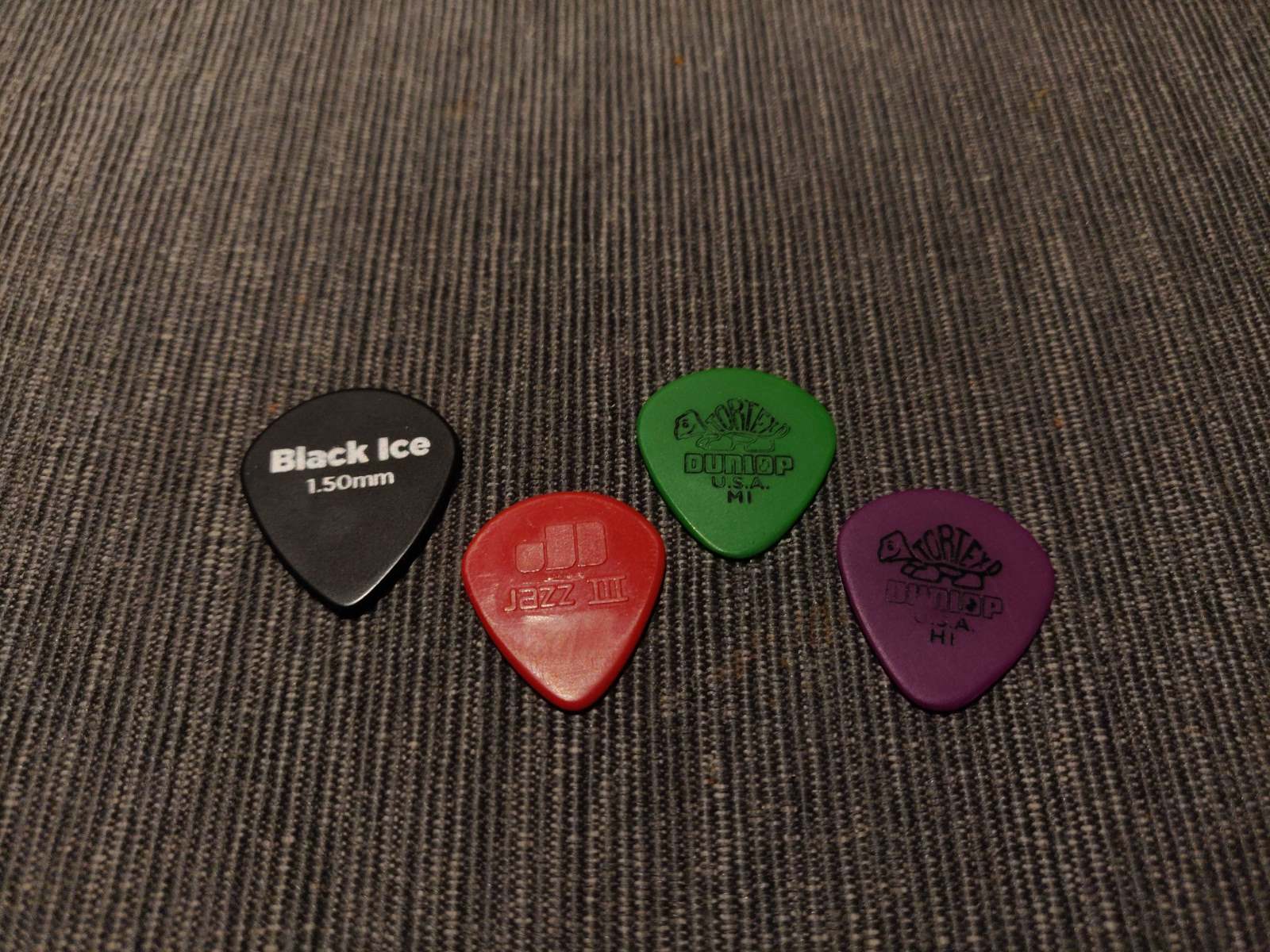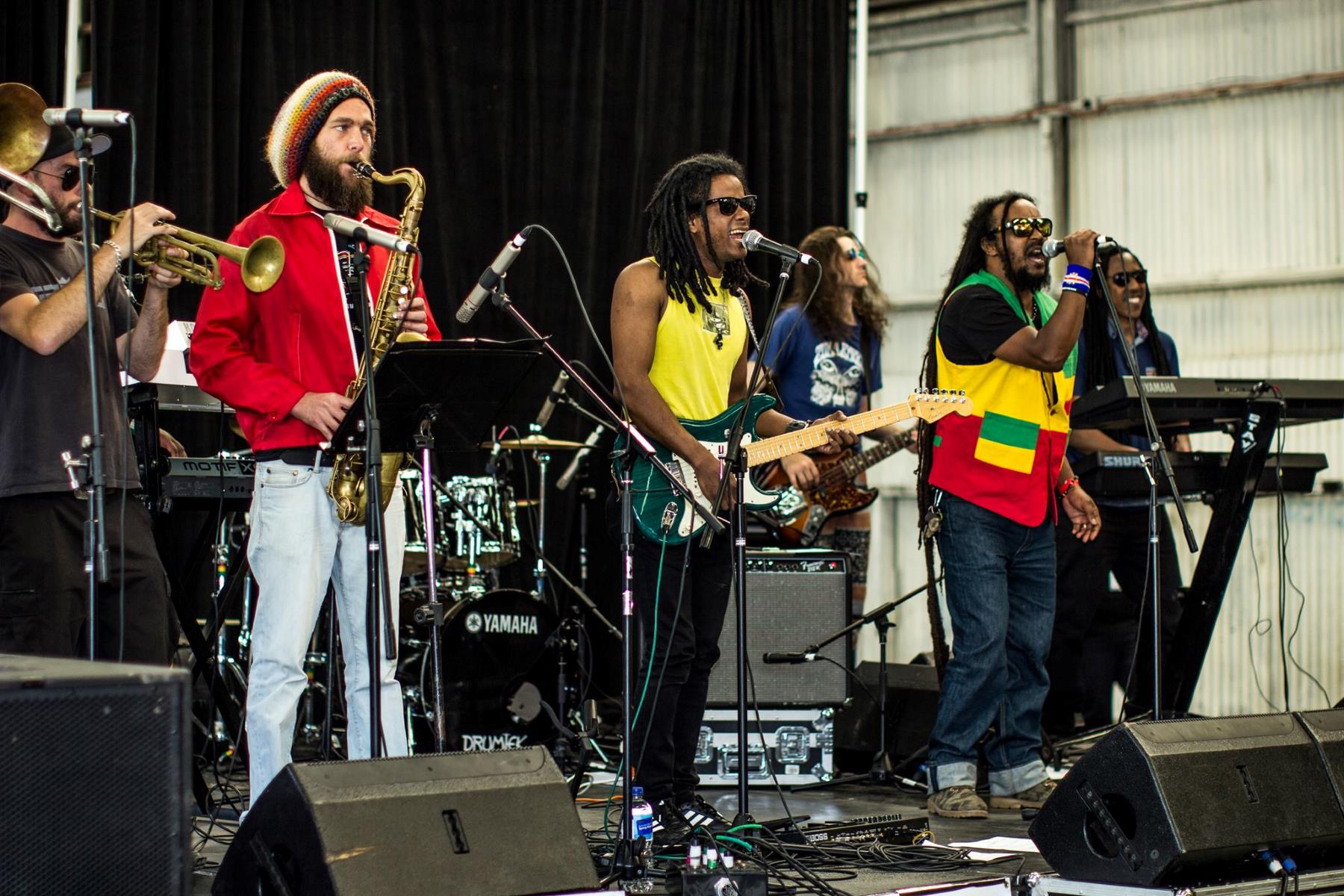

Reggae
Why Does Reggae Make You Feel So Good
Modified: January 25, 2024
Experience the uplifting vibes of reggae music and discover why it has the power to make you feel so good.
(Many of the links in this article redirect to a specific reviewed product. Your purchase of these products through affiliate links helps to generate commission for AudioLover.com, at no extra cost. Learn more)
Table of Contents
- Introduction
- The Roots of Reggae Music
- The Rhythm and Melody of Reggae
- The Influence of Lyrics in Reggae
- The Positive Vibes and Messages in Reggae
- The Connection Between Reggae and Bob Marley
- The Healing and Relaxing Effects of Reggae
- Reggae’s Impact on Mental and Emotional Well-being
- Reggae as a Form of Cultural Expression
- Conclusion
Introduction
Reggae music is more than just a genre; it’s a cultural phenomenon that has captivated people around the world with its infectious rhythms, soulful melodies, and uplifting messages. Originating in Jamaica in the late 1960s, reggae has since made its mark on the global stage, becoming synonymous with positivity, rebellion, and unity.
The roots of reggae can be traced back to various music styles that emerged in Jamaica, including ska and rocksteady. It was these genres that laid the foundation for the distinctive sound of reggae, characterized by its offbeat rhythm, prominent bass lines, and syncopated guitar strumming.
But what sets reggae apart from other genres is not just its musical elements, but also its lyrics and the overall vibe that it creates. Reggae is often associated with messages of love, peace, and social justice, making it a powerful vehicle for expressing the struggles and aspirations of marginalized communities.
Reggae music has a unique ability to evoke emotions and transport listeners to a place of tranquility and happiness. Whether you’re listening to Bob Marley’s iconic hits like “One Love” or discovering newer reggae artists like Chronixx or Protoje, the rhythmic beats and soul-stirring vocals have a way of instantly lifting your spirits.
So, what is it about reggae that makes you feel so good? It’s a combination of factors, including the laid-back tempo, the catchy melodies, and the infectious grooves that make you want to move your body. But more than that, it’s the positive energy and empowering messages that resonate with people on a deeper level.
In this article, we will explore the roots of reggae music, the rhythm and melody that define its sound, the influence of its lyrics, and the positive vibes and messages that make it such a powerful force. We will also delve into the healing and relaxing effects of reggae, its impact on mental and emotional well-being, and its role as a form of cultural expression.
So, sit back, relax, and let the sweet sounds of reggae take you on a journey of self-discovery, inspiration, and unity.
The Roots of Reggae Music
Reggae music has its roots in Jamaica, a small Caribbean island known for its vibrant culture and rich musical heritage. The development of reggae can be traced back to the late 1960s, when several music styles emerged in Jamaica, including ska and rocksteady.
Ska, which originated in the late 1950s, was the precursor to reggae. It was characterized by its upbeat tempo, lively brass section, and syncopated guitar and piano chords. Ska quickly gained popularity, both in Jamaica and internationally, with artists like The Skatalites and Prince Buster leading the way.
In the 1960s, rocksteady emerged as a slower, more relaxed version of ska. It featured prominent bass lines, smoother vocal harmonies, and a more laid-back rhythm. Artists like Alton Ellis, Delroy Wilson, and The Paragons were among the pioneers of this sound.
It was during this time that reggae as we know it today began to take shape. Influenced by ska and rocksteady, reggae incorporated elements of folk music, rhythm and blues, and African drumming techniques. The tempo slowed down even further, placing greater emphasis on the offbeat rhythm and emphasizing the bass lines.
One of the key figures in the development of reggae was producer and record label owner, Clement “Coxsone” Dodd. His studio, Studio One, became a breeding ground for reggae artists, and his recordings laid the foundation for the genre’s early sound.
Another influential figure was Lee “Scratch” Perry, a producer known for his innovative production techniques and eccentric persona. Perry’s collaborations with Bob Marley and The Wailers helped bring reggae to a wider audience and solidified its place in music history.
Reggae’s popularity skyrocketed in the 1970s, thanks in large part to the international success of artists like Bob Marley, Peter Tosh, and Jimmy Cliff. Their powerful lyrics, coupled with infectious melodies, drew attention to the social and political issues faced by Jamaicans, as well as the broader themes of love, unity, and spiritual awakening.
Today, reggae has evolved and branched out into various subgenres, such as dancehall, reggae fusion, and roots reggae. Its influence can be heard in countless songs across different musical genres, and its message of love, peace, and social justice continues to resonate with people around the world.
So, when you listen to reggae music, you’re not just enjoying a catchy tune; you’re experiencing the cultural heritage and the evolution of a genre that has had a profound impact on music and society.
The Rhythm and Melody of Reggae
One of the defining characteristics of reggae music is its unique rhythm, often referred to as the “one-drop” rhythm. This rhythmic pattern consists of a strong emphasis on the third beat of each measure, giving it a distinct and infectious feel. It’s this rhythm that allows reggae music to have such a laid-back, groovy vibe.
The bass line plays a crucial role in reggae, driving the rhythm forward and providing the foundation for other instruments. It often follows the root notes of the chords, but reggae bass lines are not limited to simply reinforcing the harmony. They often incorporate slides, ghost notes, and runs, adding a melodic and dynamic element to the music.
The guitar is another integral part of reggae music, providing the rhythmic strumming patterns that define the sound. The guitarists in reggae bands use a technique called “skanking,” where they play chords on the offbeat, creating a syncopated and groovy feel. This rhythmic guitar style is essential to the infectious and danceable nature of reggae music.
In addition to the rhythm section, reggae music often features horns, adding a melodic and vibrant layer to the sound. These horn arrangements can be uplifting and catchy, adding a touch of brass to the overall composition.
When it comes to the melody in reggae, it can vary greatly depending on the artist and the song. Some melodies may be simple and repetitive, allowing for easy sing-along and audience participation. Others may incorporate intricate vocal runs and harmonies, showcasing the singer’s skill and range.
Lyrics also play a significant role in the melody of reggae music. The melodies are often designed to complement and enhance the meaning and emotion behind the words. Whether it’s spreading messages of love and unity or addressing social and political issues, the melody serves as a vehicle to convey the intended message with impact.
Reggae music draws influence from various music styles, including African rhythms, American jazz, and rhythm and blues. These influences contribute to the rich and diverse melodic palette found in reggae, ensuring that each song has its unique identity and sound.
Overall, the combination of the one-drop rhythm, the driving bass lines, the syncopated guitar strumming, and the melodic interplay create the unmistakable sound of reggae music. It’s a sound that has the power to make you sway, put a smile on your face, and transport you to a place of pure musical bliss.
The Influence of Lyrics in Reggae
One of the distinguishing features of reggae music is its powerful and thought-provoking lyrics. From its inception, reggae has been a vehicle for social commentary, addressing issues of poverty, inequality, and political unrest. Through their lyrics, reggae artists shed light on the struggles faced by marginalized communities and advocate for positive change.
Reggae lyrics often tackle a wide range of topics, including love, spirituality, social justice, and unity. The messages conveyed in reggae songs are rooted in the experiences and realities of the Jamaican people, reflecting their history, culture, and socio-political context.
Love is a recurring theme in reggae music, with many songs celebrating the power of love and encouraging its expression. Artists like Bob Marley, Gregory Isaacs, and Dennis Brown have penned timeless love songs that resonate with listeners across generations.
At the same time, reggae lyrics go beyond personal relationships and delve into deeper societal issues. Many reggae songs discuss poverty, racism, and oppression, giving voice to the struggles faced by marginalized communities. Artists like Peter Tosh, Burning Spear, and Toots and the Maytals have been instrumental in highlighting these injustices through their powerful lyrics.
Reggae music also has a strong spiritual component, drawing inspiration from Rastafarian beliefs and practices. Rastafari is a Jamaican spiritual and cultural movement that emerged in the 1930s, and it has deeply influenced reggae music. Rastafarian themes of faith, peace, and redemption are often found in reggae lyrics, with artists like Bob Marley and Burning Spear incorporating these spiritual messages into their songs.
The influence of reggae lyrics extends far beyond the borders of Jamaica. Reggae artists have used their music as a platform to advocate for global issues such as human rights, environmental awareness, and world peace. Their lyrics transcend cultural boundaries and resonate with people from all walks of life.
Reggae lyrics are not just about raising awareness and provoking thought; they also inspire and uplift listeners. The messages of hope, resilience, and inner strength found in reggae songs have brought comfort and solace to many individuals, offering a source of motivation during challenging times.
Reggae’s influence on music and culture cannot be understated. The genre’s lyrical depth and social consciousness have inspired countless artists across different genres, ranging from punk to hip-hop. The impact of reggae lyrics extends to the broader artistic and social movements, making it a powerful force for change and empowerment.
So, the next time you listen to a reggae song, take a moment to truly listen to the lyrics. Appreciate the depth, passion, and social commentary woven into the music. Let the words inspire you, challenge you, and remind you of the power of music and its ability to effect positive change.
The Positive Vibes and Messages in Reggae
Reggae music is often associated with positive vibes and uplifting messages. From its earliest roots, reggae artists have used their music as a means to spread love, peace, unity, and social consciousness. The positive messages embedded in reggae songs have had a profound impact on listeners, inspiring them to embrace optimism, celebrate life, and work towards a better world.
One of the core themes in reggae music is love. Love and unity are often celebrated and emphasized in reggae lyrics, as artists encourage listeners to come together and overcome divisions. From Bob Marley’s iconic song “One Love” to Jimmy Cliff’s “Many Rivers to Cross,” reggae has consistently promoted the power of love as a unifying force.
In addition to love, reggae music carries strong messages of peace and harmony. Artists use their music to advocate for social justice and call for an end to violence and oppression. Songs like “Get Up, Stand Up” by Bob Marley and “War” by Peter Tosh highlight the importance of standing up against injustice and striving for a peaceful coexistence.
Reggae also fosters a deeper understanding of spirituality and the importance of inner peace. Many reggae artists, influenced by Rastafarian beliefs, incorporate spiritual messages into their music. These messages often encourage listeners to develop a strong connection to their spirituality and find inner peace in the face of life’s challenges.
Another aspect of reggae’s positive vibes is its focus on personal empowerment. Through their lyrics, reggae artists inspire individuals to believe in themselves, overcome obstacles, and strive for personal growth. Songs like “Three Little Birds” by Bob Marley and “No Woman, No Cry” by Bob Marley are anthems of resilience and staying positive in the face of adversity.
Moreover, reggae has served as a vehicle for addressing environmental issues and promoting a connection to nature. Artists like Burning Spear and Third World have incorporated environmental themes into their music, raising awareness about the importance of protecting our planet and living in harmony with nature.
The positive messages in reggae music go beyond entertainment; they serve as a form of social commentary and a call to action. Reggae has inspired and empowered generations, providing a voice for the voiceless and a source of inspiration for those seeking change.
Reggae’s positive vibes and messages have transcended borders and cultures, making it a global phenomenon. The genre’s ability to uplift and unite people from different walks of life has made it a powerful force for social change. Whether you’re listening to the classics or discovering new reggae artists, the positive vibrations and messages in reggae are sure to leave you feeling inspired and motivated to make a difference.
The Connection Between Reggae and Bob Marley
When talking about reggae music, it is impossible to overlook the profound influence of the legendary Bob Marley. Widely regarded as the King of Reggae, Bob Marley played a pivotal role in popularizing reggae music worldwide and becoming its most iconic ambassador.
Bob Marley was born in Jamaica in 1945 and began his musical career in the late 1960s. Alongside his band, The Wailers, Marley infused reggae with his distinctive vocal style and powerful songwriting.
One of Marley’s greatest contributions to reggae was his ability to combine infectious melodies with deeply meaningful lyrics. His songs were a reflection of the social and political climate of Jamaica, as well as a vehicle for promoting love, peace, and spiritual awakening.
Marley’s songs, such as “No Woman, No Cry,” “One Love,” and “Redemption Song,” continue to resonate with audiences around the globe. They are anthems of hope, unity, and liberation, addressing themes of love, social justice, and personal empowerment.
Beyond his musical achievements, Bob Marley became an emblematic figure in the fight against oppression and racial injustice. His advocacy for the rights of the marginalized and his message of unity made him a symbol of hope for people around the world.
Reggae music became synonymous with Bob Marley, and his popularity helped put reggae on the international map. He toured extensively, bringing his music and performances to audiences worldwide. Marley’s charismatic stage presence and powerful live performances further solidified his status as a global music icon.
Tragically, Bob Marley’s life was cut short at the age of 36 when he passed away from cancer in 1981. However, his legacy lives on, and his impact on reggae music and popular culture is immeasurable.
Bob Marley’s influence extends beyond the music itself. His commitment to spreading positive messages of love, unity, and social change continues to inspire generations. He left a lasting imprint on reggae music and became a symbol of resistance and the power of music as a catalyst for social transformation.
Today, Bob Marley’s music remains as relevant as ever. His timeless classics continue to resonate with listeners and serve as a reminder of the power of reggae to touch hearts and ignite positive change.
The connection between reggae and Bob Marley is intertwined and inseparable. His contributions to the genre have secured his place as one of the greatest musicians of all time, leaving an indelible mark on reggae music and paving the way for future generations of reggae artists.
The Healing and Relaxing Effects of Reggae
Reggae music has long been known for its ability to heal and relax the mind, body, and soul. Whether it’s the infectious rhythms, soothing melodies, or uplifting messages, reggae has a transformative power that can transport listeners to a state of tranquility and inner peace.
One of the key reasons why reggae music has such a healing effect on people is its laid-back tempo and soothing melodies. The slow, steady rhythm encourages relaxation and allows the listener to unwind and let go of stress and tension. The gentle guitar strumming, melodic bass lines, and enchanting vocal harmonies all contribute to creating a serene and harmonious atmosphere.
Moreover, reggae’s smooth and consistent rhythm has been found to have a positive impact on heart rate, breathing patterns, and overall physiological well-being. Scientific research has shown that listening to reggae music can help reduce anxiety, lower blood pressure, and promote a sense of calm and relaxation.
Reggae music is also known for its ability to uplift spirits and provide an escape from the challenges of daily life. The positive and empowering messages in reggae lyrics serve as a source of inspiration, encouraging listeners to stay positive, stand up for their rights, and pursue personal growth and happiness.
Listening to reggae music can be a form of therapy for many individuals, allowing them to release pent-up emotions and find solace in the music. The passion and authenticity conveyed through the vocals and lyrics can help listeners connect with their own feelings and find comfort in knowing that they are not alone in their struggles.
Furthermore, reggae music has a remarkable ability to foster a sense of unity and cultural connection. The genre’s emphasis on love, peace, and acceptance creates a welcoming and inclusive space for listeners from all walks of life. This shared experience of enjoying reggae music and embracing its positive messages brings people together and promotes a sense of community and belonging.
Reggae’s healing and relaxing effects go beyond the music itself; they extend to the lifestyle and philosophy associated with the genre. Reggae culture emphasizes simplicity, mindfulness, and the appreciation of nature. This holistic approach to living aligns with principles of well-being and encourages a balanced and harmonious way of life.
Overall, reggae music has a profound impact on the healing and relaxation of individuals. From its gentle rhythms and soothing melodies to its positive messages of love and unity, reggae has the power to calm the mind, rejuvenate the spirit, and inspire personal growth. So, take a moment to immerse yourself in the enchanting sounds of reggae and experience its transformative and therapeutic effects.
Reggae’s Impact on Mental and Emotional Well-being
Reggae music has a profound impact on mental and emotional well-being, offering solace, inspiration, and a much-needed escape from the stressors of everyday life. The soothing melodies, positive messages, and infectious rhythms of reggae create an uplifting and therapeutic experience that can benefit individuals on multiple levels.
One of the ways reggae music influences mental well-being is through its ability to induce relaxation and reduce anxiety. The slow tempo, smooth rhythms, and calming melodies help create a sense of serenity and peace. This can be especially beneficial for individuals dealing with stress, anxiety, or other mental health issues. Listening to reggae music can serve as a form of therapy, allowing one to unwind, let go of worries, and find a sense of inner calm.
Reggae’s positive and empowering messages have a significant impact on emotional well-being. The lyrics often address important social and personal issues, offering encouragement, hope, and inspiration. Songs about love, unity, overcoming adversity, and embracing one’s identity resonate deeply with listeners, helping them navigate their own emotional journeys and find solace and strength in the music.
Moreover, reggae music can be cathartic, providing an emotional outlet for individuals to express their feelings. The heartfelt vocals, soul-stirring melodies, and poignant lyrics allow listeners to connect with their own emotions and experiences. This emotional connection can be a cathartic release of pent-up emotions and a source of comfort and validation.
Reggae music also promotes a sense of inclusivity and unity, which contributes to improved mental and emotional well-being. The genre’s emphasis on love, peace, and acceptance creates a welcoming space that fosters a sense of community and belonging. This connection to a larger collective can provide individuals with a support system, a source of camaraderie, and a feeling of being understood and accepted.
Beyond the music itself, reggae culture promotes a holistic approach to well-being. Reggae music often goes hand in hand with a positive lifestyle that emphasizes mindfulness, spirituality, and social justice. The values and principles associated with reggae culture, such as simplicity, respect for nature, and social consciousness, can have a positive impact on mental and emotional well-being.
Listening to reggae music and embracing its culture can become a form of self-care. It offers a meaningful escape from the troubles of the world, allowing individuals to focus on positive and uplifting messages. Whether through dancing, singing along, or simply sitting back and allowing the music to wash over them, reggae enables individuals to engage in activities that promote joy, self-expression, and emotional well-being.
Overall, reggae music has a profound impact on mental and emotional well-being, offering relaxation, emotional release, inspiration, and a sense of community. The positive and empowering messages, combined with the soul-stirring rhythms and melodies, contribute to a therapeutic and transformative experience. So, when you find yourself in need of a mental and emotional boost, turn to reggae music and allow its healing power to uplift your spirit.
Reggae as a Form of Cultural Expression
Reggae music is not just a genre; it’s a powerful form of cultural expression that represents the spirit and identity of the Jamaican people. With its roots deeply embedded in the historical, social, and political landscape of Jamaica, reggae serves as a platform for storytelling, social commentary, and the preservation of cultural heritage.
Reggae music is deeply intertwined with the cultural identity of Jamaica and the Caribbean. It reflects the experiences, struggles, and triumphs of the people, providing a voice for marginalized communities and shedding light on social inequalities. Through its lyrics, reggae addresses topics such as poverty, oppression, discrimination, and the quest for justice, amplifying the voices of those who are often unheard.
Reggae also serves as a means of preserving and celebrating Jamaican cultural traditions. The rhythmic patterns, melodic sensibilities, and lyrical themes in reggae draw inspiration from African and Caribbean musical traditions, as well as the religious and spiritual practices of Rastafarianism. This cultural fusion creates a unique and distinct sound that is unmistakably Jamaican.
Language is another crucial element of reggae’s cultural expression. Jamaican Patois, a vibrant and colorful dialect spoken in Jamaica, is often incorporated into reggae lyrics. This linguistic inclusion not only adds authenticity to the music but also serves as a testament to the cultural diversity and linguistic richness of Jamaica.
Reggae music showcases the importance of community and togetherness. It has been a unifying force, bringing people from different backgrounds and walks of life together through shared experiences and music festivals. The power of reggae to foster unity and promote understanding has transcended borders, making it a global phenomenon that resonates with audiences from all corners of the world.
Reggae’s cultural impact extends beyond music to various art forms, such as fashion, visual arts, and even the Rastafarian lifestyle. The iconic style of Rastafarian fashion, with its vibrant colors, dreadlocks, and symbolic accessories, has become synonymous with reggae and serves as a visual representation of the culture’s values and traditions.
Reggae music has also played a significant role in promoting social change and advocacy for human rights. Many reggae artists have used their platform to speak out against injustice and inequality, promoting messages of love, peace, and equal rights for all. They have become cultural ambassadors, inspiring movements and lending their voices to global conversations surrounding social justice issues.
Reggae’s impact as a form of cultural expression goes far beyond its musical elements. It provides a medium for storytelling, social commentary, and the preservation and celebration of cultural heritage. Reggae music reflects the struggles, triumphs, and aspirations of the Jamaican people, resonating with individuals from all walks of life and promoting unity and understanding. It serves as a powerful tool for cultural exchange, fostering empathy, and encouraging dialogue across boundaries.
Conclusion
Reggae music is more than just a genre; it’s a powerful cultural force that has captivated hearts and souls worldwide. From its roots in Jamaica to its global influence, reggae has touched the lives of people from all walks of life, providing solace, inspiration, and a sense of belonging.
Throughout this article, we explored the origins of reggae music, from its foundations in ska and rocksteady to its evolution into a distinct sound characterized by the one-drop rhythm, melodic bass lines, and syncopated guitar strumming. We delved into the influence of reggae’s lyrics, which transmit messages of love, social justice, spirituality, and personal empowerment.
We discussed reggae’s positive vibes and the way it uplifts spirits, fosters unity, and promotes a sense of community. Its healing and relaxing effects on mental and emotional well-being were also highlighted, with reggae serving as a form of therapy and a means of achieving inner peace.
Moreover, we explored the indelible connection between reggae and Bob Marley, acknowledging his role as a global ambassador for reggae music and his impact on popularizing the genre. We recognized the significance of reggae as a form of cultural expression, embodying the spirit, identity, and struggles of the Jamaican people, while promoting unity, social change, and the preservation of cultural heritage.
In conclusion, reggae music holds a special place in the hearts of millions around the world. Its infectious rhythms, soothing melodies, and positive messages resonate deeply with listeners, offering an escape from the stresses of life and a source of inspiration and empowerment.
So, the next time you find yourself captivated by the sounds of reggae, let the music transport you to a place of tranquility, love, and unity. Allow the healing power of reggae to nourish your soul, uplift your spirit, and remind you of the power of music to bring people together and effect positive change.

